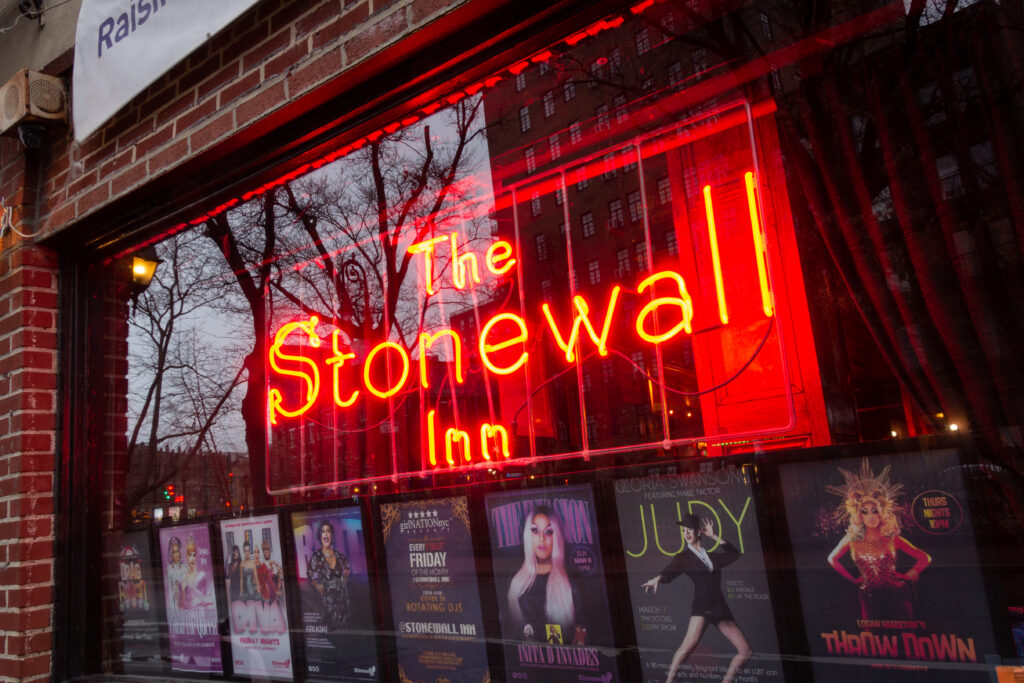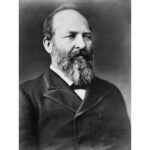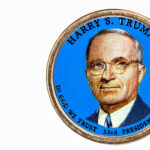On the early morning of June 28, 1969, a pivotal moment in the history of the gay rights movement unfolded as the Stonewall riots erupted in New York City. The Stonewall Inn, a gay bar located in Greenwich Village, became the epicenter of a spontaneous uprising against long standing police harassment and discrimination against the LGBTQ+ community.
In the 1960s, anti-gay legal statutes were prevalent, and establishments serving the gay community often faced police harassment. The Stonewall Inn, though offering a sanctuary for marginalized groups within the LGBTQ+ community, was regularly targeted. On that fateful night, police conducted a raid, arresting staff and patrons. However, this time, the crowd outside the bar resisted and fought back. This resistance marked a turning point as the protests and violent confrontations continued over the next six days, drawing national attention.
The Stonewall riots are widely considered to be the catalyst that galvanized the gay rights movement in the United States and around the world. In the aftermath of the riots, activists became more vocal and assertive in their demands for equal rights and social acceptance. This led to the formation of organizations like the Gay Liberation Front and the Gay Activists Alliance, which sought to combat societal and legal discrimination.
One year after the Stonewall riots, on June 28, 1970, the first gay pride parades took place in cities across the United States, including New York, to commemorate the events at the Stonewall Inn and to celebrate the LGBTQ+ community.
The Stonewall riots remain an emblematic and symbolic event in LGBTQ+ history. They represent the tenacity and resilience of a marginalized community, marking the beginning of a continuing struggle for equality, dignity, and acceptance.
References:
https://www.britannica.com/event/Stonewall-riots
https://www.history.com/topics/gay-rights/the-stonewall-riots




